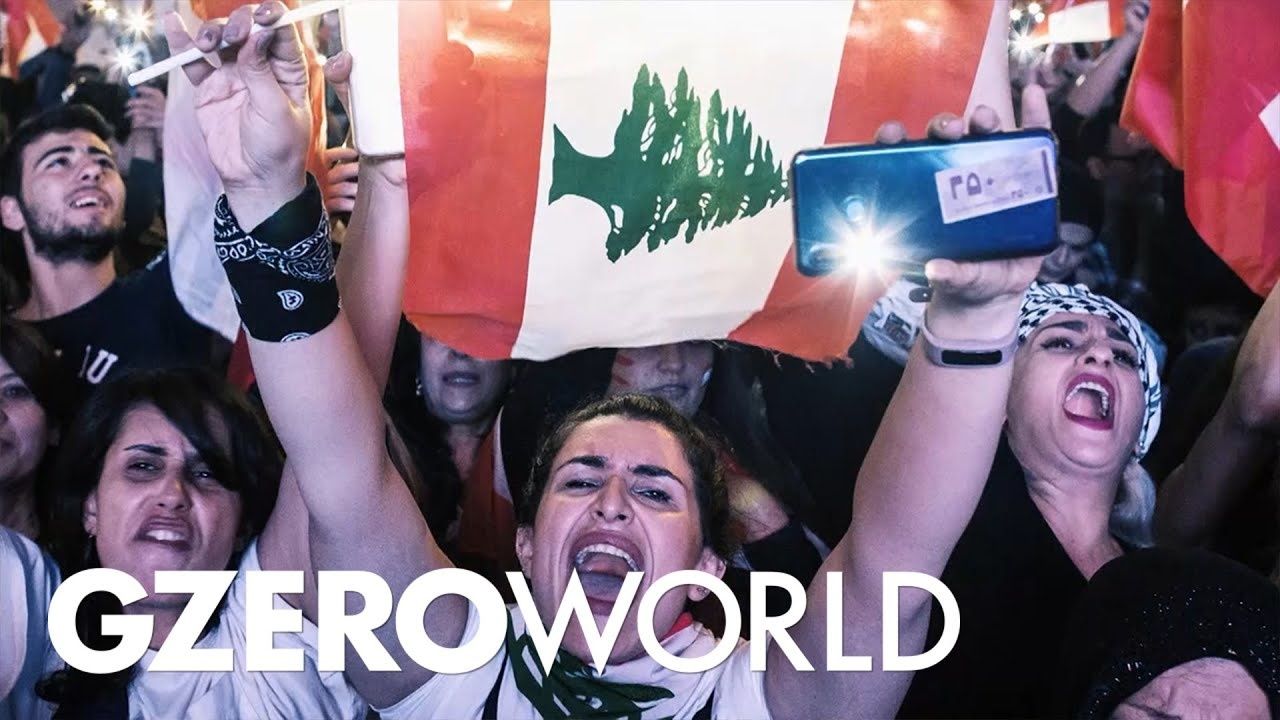popular
Is Hezbollah losing influence in Lebanon? Kim Ghattas on Lebanese divisions & unity

Is Hezbollah Losing Influence in Lebanon? Kim Ghattas on Lebanese Divisions & Unity | GZERO World

Some of the worst sectarian clashes since Lebanon's 15-year civil war (1975-1990) broke out in Beirut this week between supporters of Hezbollah and Amal, both Shiite political parties, and Christian, far-right Lebanese Forces. Shiite protesters were rallying against the state probe into the Beirut port blast, which occurred last year. They say authorities were singling out Shiite politicians for questioning and blame. In this video, watch Ian Bremmer's conversation with Lebanese journalist and author Kim Ghattas on GZW talking about the future of Lebanese politics and sectarianism in the county after the after the blast. It was originally published on August 19, 2020.
In Lebanon, "a majority (are) united in wanting a different future, a future that is non-sectarian, that is non-corrupt, that provides prosperity, justice, dignity for people," journalist Kim Ghattas told Ian Bremmer on GZERO World.
In this interview, Ghattas discusses the opportunity that could arise from the tragedy of the Beirut explosion which killed 200 and injured thousands more. The Lebanese are "fed up" with the militant group Hezbollah, she tells Bremmer, and want to strive for a government that better resembles the diversity and cosmopolitan nature of its citizens.
Watch the GZERO World episode: Lebanon Post-Blast: Rage in the Streets of Beirut.
How is the US is reshaping global power dynamics, using tariffs and unilateral action to challenge the international order it once led? Michael Froman joins Ian Bremmer on GZERO World to discuss.
In this Quick Take from Munich, Ian Bremmer examines the state of the transatlantic alliance as the 62nd Munich Security Conference concludes.
At the 2026 Munich Security Conference, Brad Smith announces the launch of the Trusted Tech Alliance, a coalition of global technology leaders, including Microsoft, committing to secure cross-border tech flows, ethical governance, and stronger data protections.